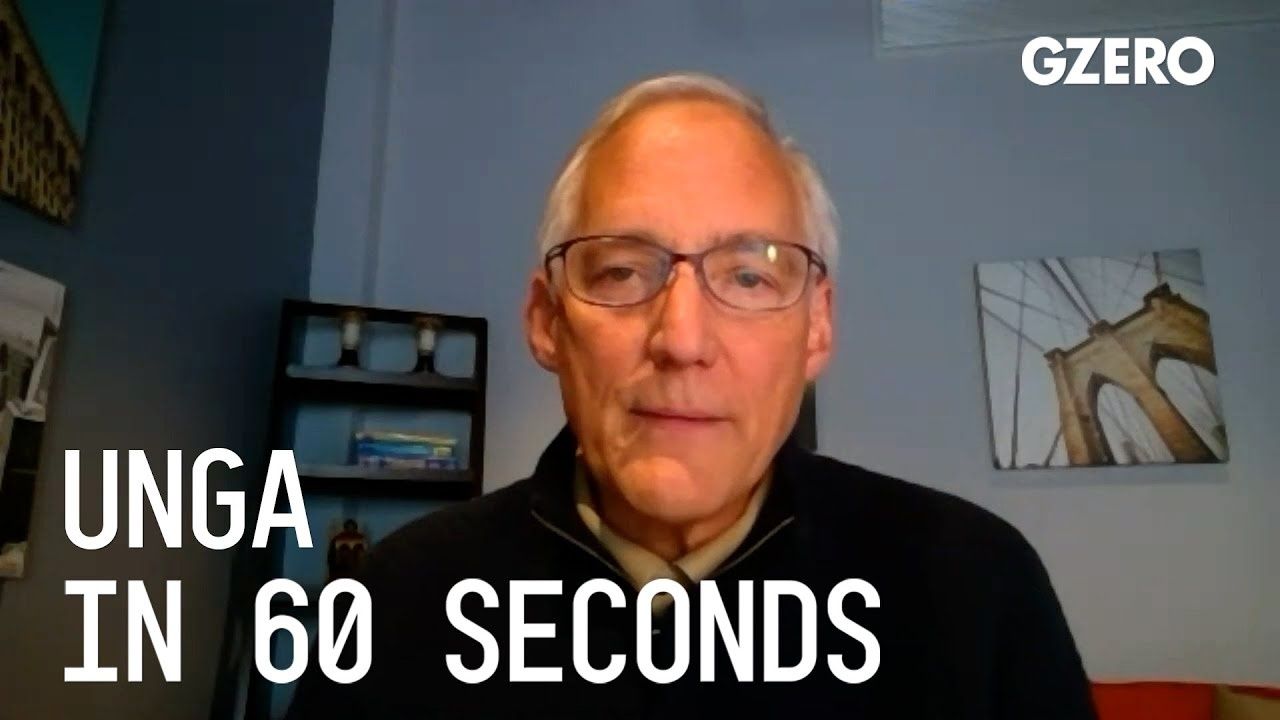John Frank, Vice President of UN Affairs at Microsoft, discusses how to include people around the world in the digital economy,on UNGA In 60 Seconds.
Satya Nadella famously said, "We saw two years of digital transformation in two months" due to the pandemic and the need it created for virtual communication, work, and learning, but still nearly half the world's population lacks connectivity.
First, how can we begin to bridge the digital divide? Then, how can digital skilling lead us into a better global economy?
We need to redouble our efforts to bring broadband around the world. Less developed countries desperately need new technologies that bring broadband connectivity at lower costs, but we also need to focus on underserved populations in our urban centers and rural America. We need to create new mechanisms and new technologies that are going to bring people in, but being connected, it's not enough. We need to have people be able to participate in the new digital economy, and that requires digital skills. And what better way to get them than online. We can find new ways to train people, but there needs to be a commitment to lifelong learning. And of course, there's digital natives, but the whole population can benefit from developing digital skills, and we believe that many people can greatly improve their economic future and economic security through robust training on digital skills.
More For You
Of all the threats to the world, what are the top 10 most urgent global risks for 2026? On Monday, January 5, at 12 pm ET, join us for a livestream discussion with Ian Bremmer and global experts to discuss the Top Risks of 2025 report from Eurasia Group. This report will mark twenty years of Ian Bremmer’s annual forecast of the political risks that are most likely to play out over the year. Event link: gzeromedia.com/toprisks
Most Popular
Wikipedia cofounder Jimmy Wales explains why a specific page titled “The Gaza Genocide” risks undermining trust with users.
In his latest Quick Take, Ian Bremmer explains a major shift in the Ukraine war: Europe, not the United States, is now driving the strategy.
Chief Superintendent of the police force's National Security Department Steve Li Kwai-wah speaks at the West Kowloon Magistrates' Courts building after the verdict in the national security collusion trial of Jimmy Lai, founder of the now-defunct pro-democracy newspaper Apple Daily, in Hong Kong, China, on December 15, 2025.
